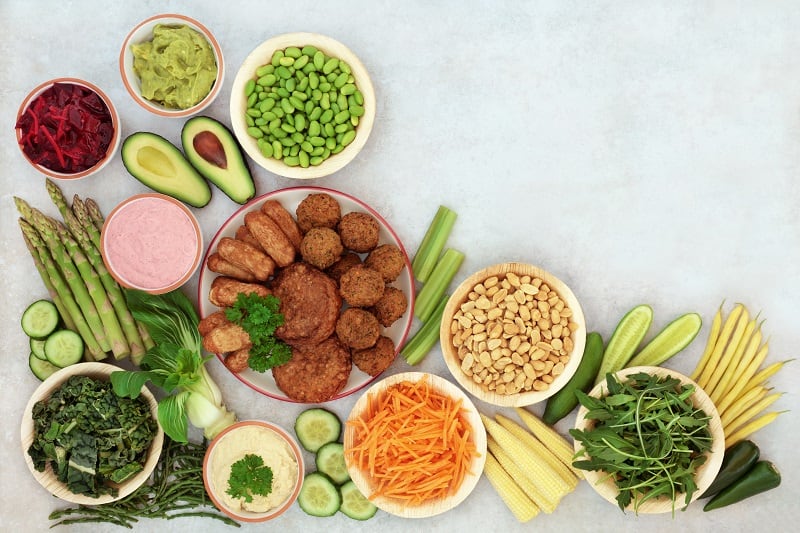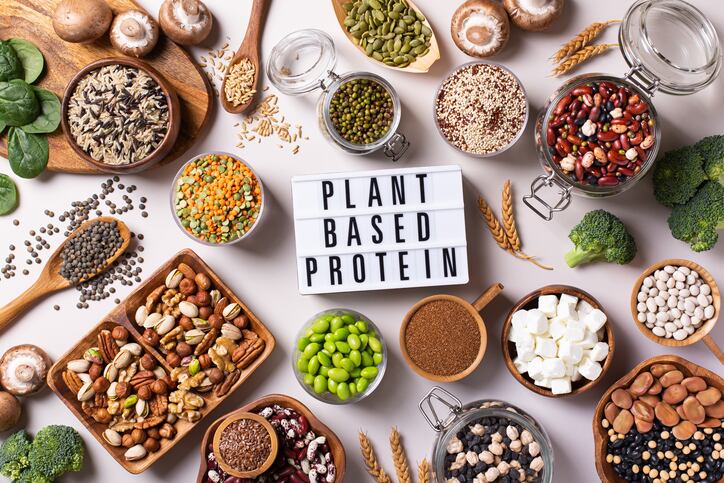In partnership with ADM, New Culture’s precision fermentation and dairy operations will push its ‘melty, stretchy cheese’ to the U.S. market, as reported by FoodNavigator-USA.
Before launching at Top Chef Nancy Silverton’s Pizzeria Mozza in Los Angeles, New Culture is in the final stages of the GRAS self-assessment, which is expected to be completed by the end of 2023, CEO Matt Gibson explained to FoodNavigator-USA.
Using precision fermentation to produce casein, the primary protein that gives cheese its signature taste and texture, Gibson explained the animal-free casein will bridge the gap between vegan and dairy cheese “that is literally indistinguishable in its functionality, in taste and texture.”
Currently, the company intends to focus on mozzarella since it is “the most popular cheese in the U.S.,” Gibson explained, adding that producing casein at scale will allow them to “make any cheese they want” in the future.
“Casein protein is such a versatile protein. The world is our oyster when it comes to cheese, but first and foremost our focus is on what’s relevant,” Gibson said.
Precision fermentation may make protein production cheaper long-term
In terms of measuring its sustainability metrics, New Culture commissioned third party life-cycle assessment parties to certify the environmental impact of its “sugar, salts, water usage, manufacturing [resources] and where we’re shipping.”
“Dairy cheese is the worst product overall for things such as greenhouse gas emissions, land usage…and water use,” Gibson explained.
Precision fermentation, along with seven other technologies, “can directly eliminate over 90% of net greenhouse gas emissions worldwide [by 2035],” according to think tank RethinkX as reported by FoodNavigator.
Further, the research institute reported that precision fermentation may make protein production five times cheaper by 2030 and 10 times cheaper by 2035 compared to existing animal proteins.
Alternative protein investments continue to grow
Interest in environmentally friendly alternatives continue to shape food and beverage innovation and investments. In 2021, investment in alternative proteins reached $5 billion, a 60% increase from 2020 according to The Good Food Institute (GFI).
Since 2010, investments in this segment reached $11.1 billion. Cultivated meat and seafood companies secured the most investment ($1.4 billion in 2021), “the most capital raised in any single year in the industry’s history and more than three times the $400 million raised in 2020,” GFI reported.
Fermentation companies producing alternative proteins raised $1.7 billion in investments in 2021 and plant-based meat, seafood, egg and dairy brands reached $1.9 billion in the same year.
Animal-free casein “has no drawbacks compared to dairy cheese”
Americans in 2021 consumed 16.1 pounds of cheese per person, versus 13 pounds a decade ago underscoring the growing demand for dairy cheese, according to USDA data. Yet consumers are still searching for alternatives, given inflation-driven grocery prices coupled with more awareness around healthy ingredients.
Of animal-free casein’s benefits Gibson explained that “it has no drawbacks compared to dairy cheese—including cholesterol and lactose,” highlighting an opportunity to reach a wider audience both nationally and globally.




